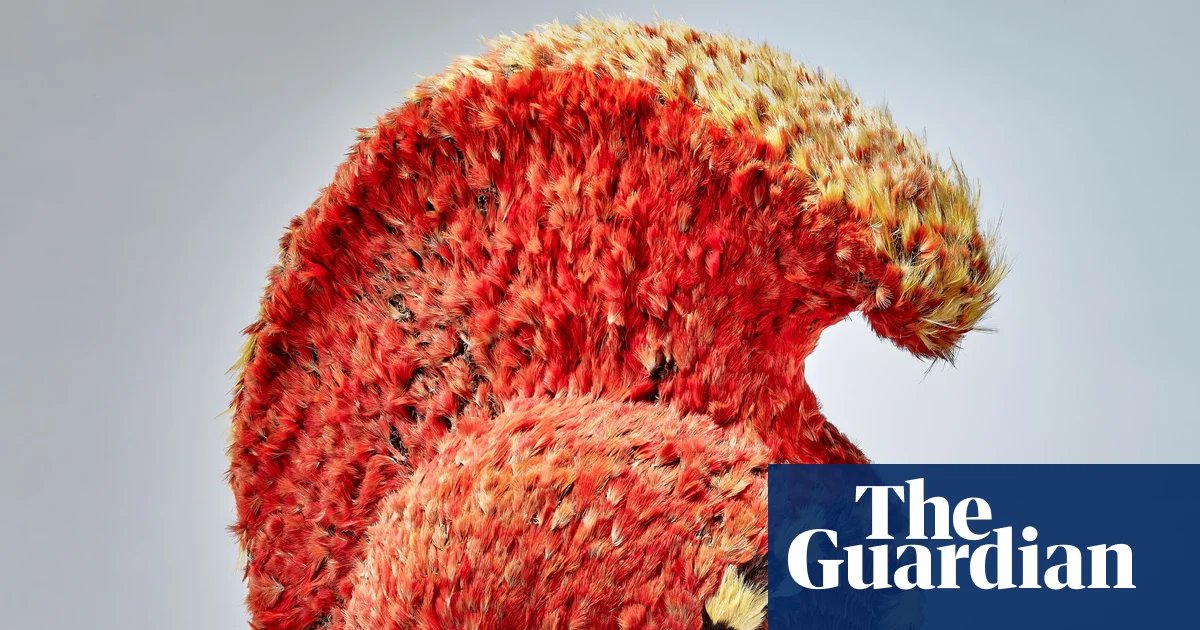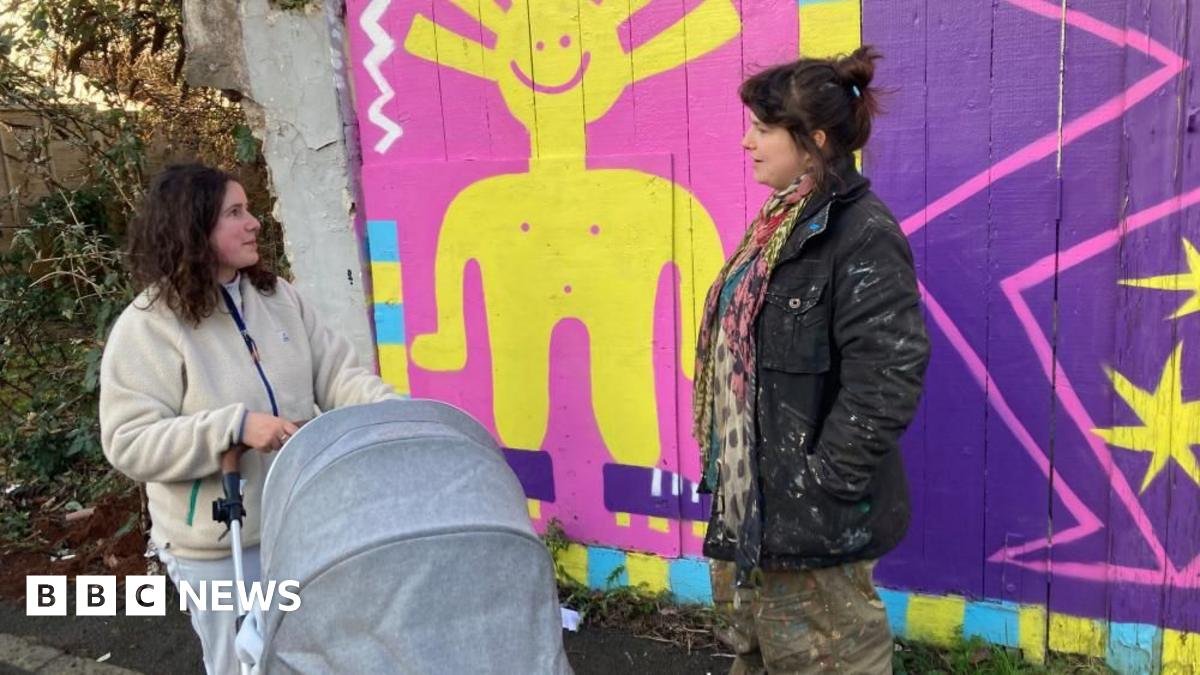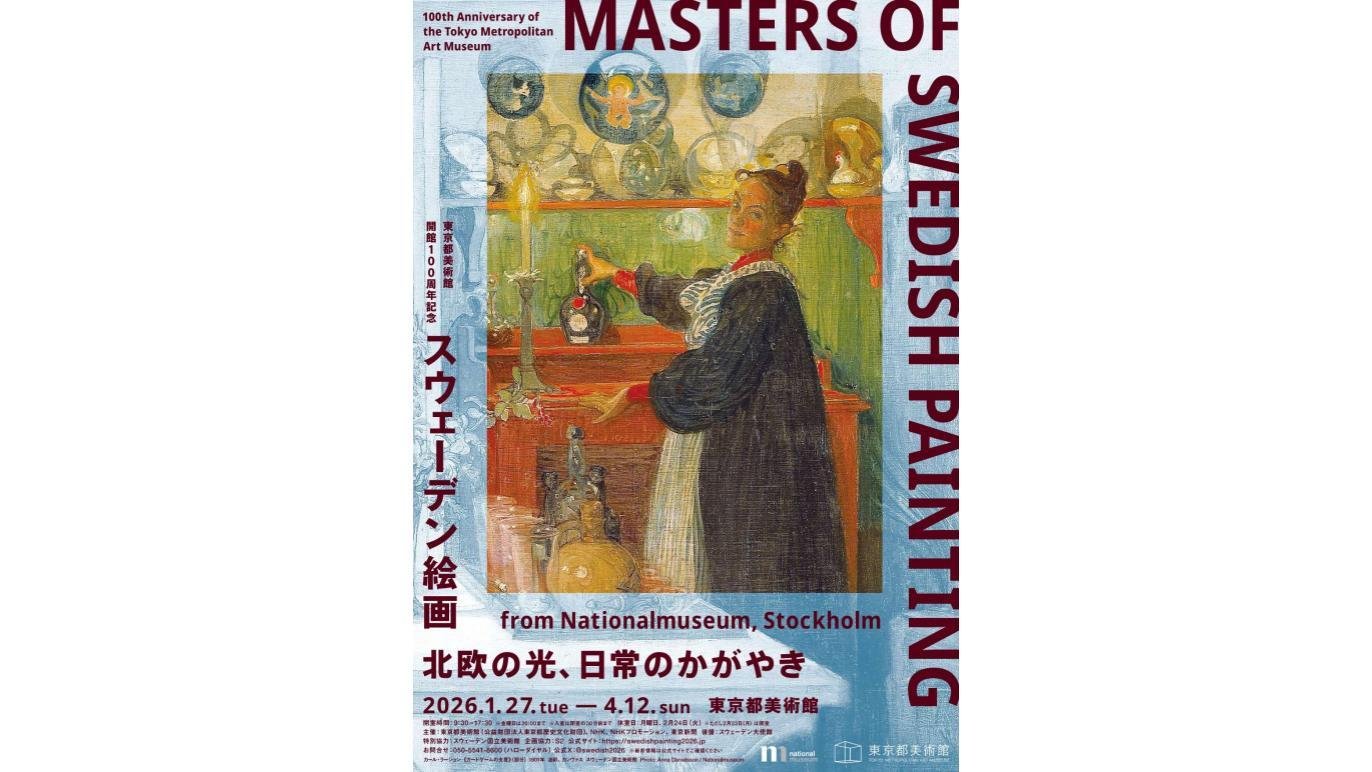Dear Mr Jimmy Engineer,
It was a pleasure meeting you in Lahore. I was in awe of your works on the partition since I first encountered them. Mentioning these works in front of a dear professor had introduced me to a Karachi-based, Parsi artist and a philanthropist. Let me admit that I was intrigued with your modesty and unpretentious nature as you consider yourself ‘the servant of the people of Pakistan’. Your sincere and selfless approach towards life and community is indeed exemplary. It is not only novel but also enigmatic in our times.
Painting history is no less a heroic deed than creating one. Especially, if the history is tainted with blood, violence and other inhuman acts. Such events leave indelible marks on the consciousness of the nation and the psyche of its people. The partition of the Indian subcontinent in 1947 is one such event. It was not just the change of political borders or the division of assets following the dissolution of the British Raj and the creation of two independent dominions – India and Pakistan – but a lot more than that. It was the migration of an unprecedented magnitude that the world has ever seen, relocating around fifteen million people of different communities across hastily demarcated borders. It was a scheme of death of more than one million people and a nasty framework of dysfunctional geopolitics, defying economy and other cultural ambiguities aftershocks of which are still felt in the Global South. You are among the very few South Asian artists who dared record this ghastly event of history and paint scenes of migration.
Your canvasses are large, compositions are extensive and titles are sensational while the overall setting of the paintings is quite classical and idealised. You claim to paint these pictures as a homage to those nameless who fell on the way to the imagined freedom and prosperity. The fractured souls and tormented bodies of refugees that occupy the picture space of your paintings, however, are merely the instruments that address the plight of the partition, separation and dislocation. In this way, your works match the ‘grand style’ and High Art of Benjamin West and J Singleton Copley. History paintings are not to be confused with history documents rather they should amplify the moral lesson of the captured story and it is what you were able to achieve in your series on the partition. The painting, The Last Burning Train, sums up the notions of pain, misery, loss, sacrifice and passion in a single image that Ice-Candy Man, Midnight’s Furies and Toba Tek Singh do together in hundreds of pages. Together the works, The Refugees under the Tree, Flag of Independence and Memories of Partition are a loud critique of the partition, its planning, implementation and outcome. They play a significant role in ascertaining the critical historiography of the event. After eight decades, it is time to explore the realities behind the separation of an integrated community sharing the ancient legacies of thousands of years and that too purely on religious lines. As human beings we are prone to memory loss, forgetting and forgoing. Some of us deliberately seek such a forgetfulness as the past is haunting. The bygone shall remain plaguing the soul if not confronted and consoled.
The recent display of works at the Lahore Museum and the National Art Gallery, Islamabad honour the people of Pakistan. They speak immensely of your skill and mastery of the trade. They introduce your genius to younger generations and highlight your public-spirited nature. To some these shows reinvent the role of art in society focusing on catharsis and consolation. To others they concede the need for a more radical historical imagination and critical approaches to analyse and strategise dynamics that choke-hold the states of India and Pakistan even today.
Look forward to discussing your role as an ambassador of peace and a global citizen. I also need to learn more about the architectural elements in your recent works. I find the idea of using these structures as icons of identity quite fascinating.
More later,
Bano
June 2024






